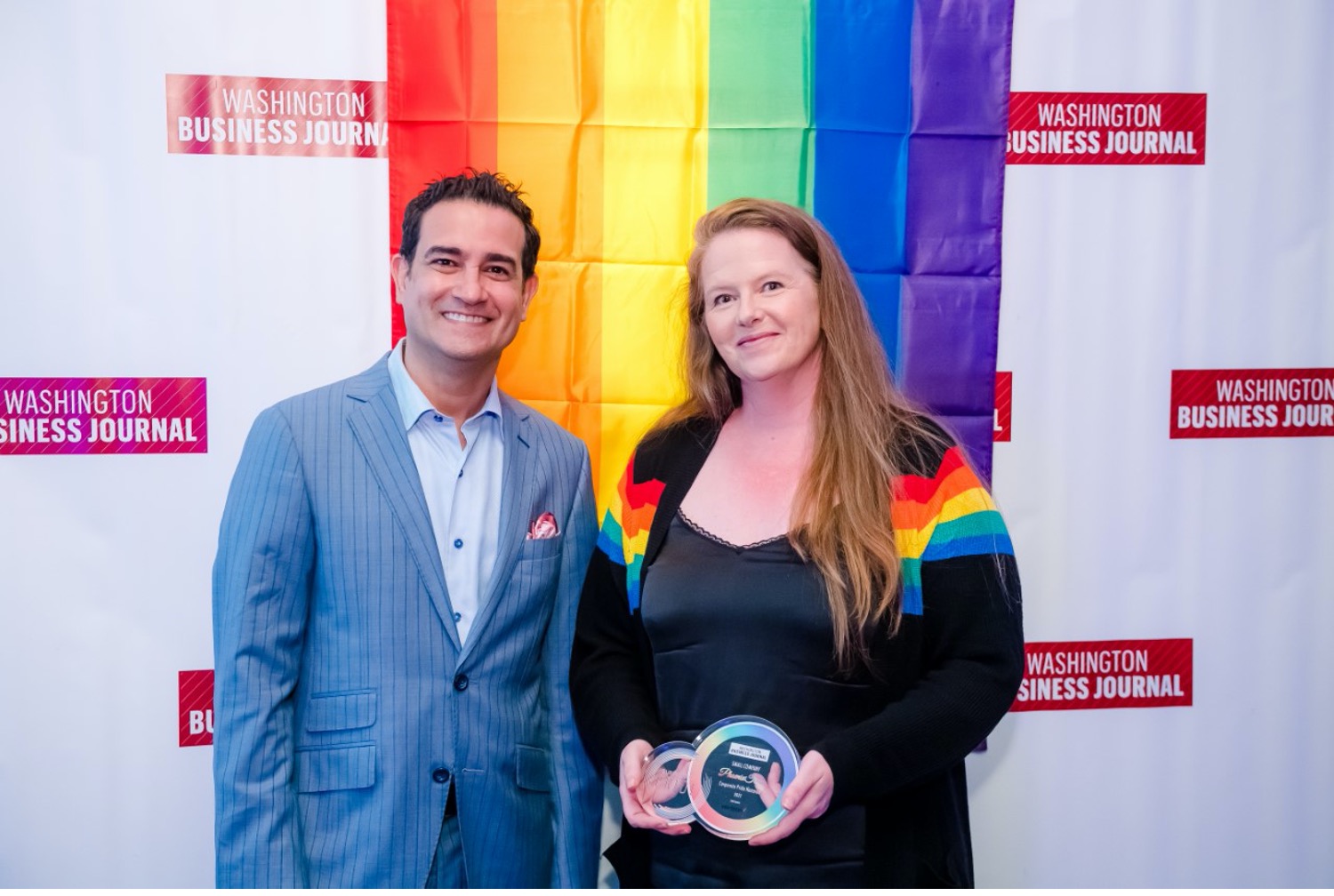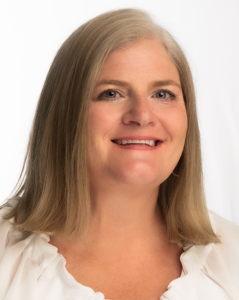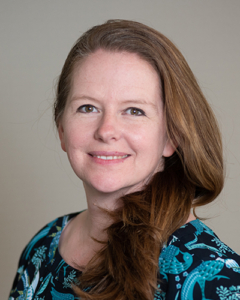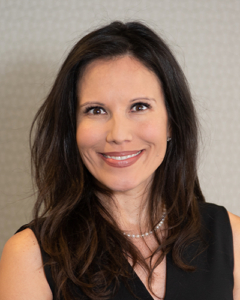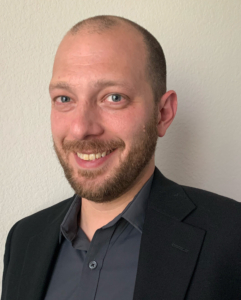PhoenixTeam receives 2022 Business of Pride Corporate Pride Award
This article originally appeared on Washington Business Journal and was written by Tristan Navera. It has been given minor edits before re-posting.
For countless businesses in Greater Washington, 2020 was a chance to step back and reflect on what their mission was and how they were doing it.
PhoenixTeam’s leaders had time for soul-searching, too.
Arlington-based PhoenixTeam is still a relatively new business, having formed in 2015 so its culture remains malleable. At the same time, it has grown to 140 employees, so the systems put into place now have an outsized impact on how it continues to grow. So when it began thinking about diversity, the company found it wanted a more ingrained way to measure how it was doing.
“Financial technology and housing are some of the least diverse sectors, but we need to reflect the diversity of the customer base,” said Tela Mathias, managing partner and COO.
PhoenixTeam’s “IDEA” initiative — Inclusion, Diversity, Equity, and Access — was its all-encompassing strategy. The program relies on a four-pronged approach that includes education, policies, open dialogue, support, and understanding to educate its workers and ensure the workplace is empathetic and inclusive.
And so, it’s a holistic approach, Mathias said, because it requires employees to understand the moral and business need to build a diverse workforce so that they can support the initiative. The ultimate goal is “a culture of support and understanding” as its employees are more aware of one another’s business and personal challenges and how to help. Three activities a month ranging from discussions of emotional intelligence, empathy, prejudice, discrimination and celebration of heritage and holidays across a diverse community, with a few focused on Pride, pronouns and stronger allyship with the LGBTQIA+ community.
Doubling down on that investment, the company built a relationship with Hazelden Betty Ford Foundation to hire a chief diversity officer, draft a $75,000 budget and continue training and implementation of its IDEA initiative. After an audit with JustUs Health, the company also removed gendered language from its employee handbook and restrooms, added conscious inclusion training and updated its website with information about the LGBTQIA+ community and substance abuse. This year, the company plans more workshops to target recruiting, bias, leadership and emotional intelligence, with a goal to work more with the HBFF to determine what other resources to offer the LGBTQIA+ community.
“These things don’t come into your understanding naturally,” Mathias said. “You have to make room for them.”
The company’s recruitment efforts had to fall in line too, as it posts open positions on diverse job sites and has a single recruiting, interviewing and hiring experience for all candidates. Once people are aboard, they’re now included in one of eight employee resource groups, including one for LGBTQIA+, each a private channel that allows them to connect with others of similar life experience and background.
That’s because the company’s customer base has had to contend with these struggles, too. PhoenixTeam has many customers in the federal government, for instance, including veterans working with the Department of Veteran Affairs to stay in their homes. It’s meaningful work, but it requires understanding people with a wide range of life experiences.
It’s not just that the woman-owned business benefits from a broader array of perspectives as it tries to go to market in a diverse world. But these kinds of teams are turning out to be more resilient in the long run, too. The company landed on Inc. Magazine’s “Best Places to Work” list for the second time this year after a survey put 99% of team members engaged with “high favorability, advocacy, intent to stay and discretionary effort” and 96% feeling leaders put people first.
Analyst Jaedri Wood, reflecting on the past two years, summed it up in her comments. “People want to work for a company that has a positive impact and prioritizes the quality of their work over the quantity,” she wrote. “Team members are more invested in delivering positive change than solely improving the company’s bottom line.”

